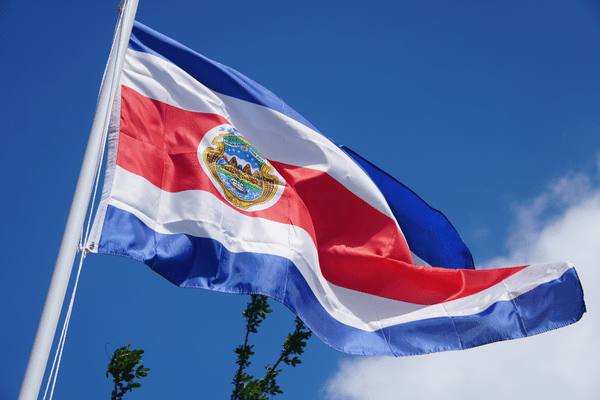Costa Rican congresswoman Johana Obando put forth the “Cryptoassets Market Law (MECA)” bill, which would regulate and recognize cryptocurrencies in the Central American region.
The bill was submitted concurrently with fellow congress members Luis Diego Vargas and Jorge Dengo, who also stressed the need for the government to tax cryptocurrency trading income rather than mining revenue.
Obando explained on Twitter that the bill aims to provide legal clarity to fintech businesses, promoting the expansion of the digital economy and the uptake of crypto assets.
The congresswoman argued that the bill will provide Costa Ricans more employment prospects and boost the country’s appeal to overseas investors and fintech firms.
The measure also aims to protect individual virtual assets, decentralization, and self-custody of cryptocurrency holdings without intrusion from banks or the Costa Rican authorities.
Obando intends to make Costa Rica a more welcoming destination for cryptocurrency investors. She continued by saying that the objective of the proposed bill is to develop a legal security model for the sector so it can keep up with the uptake of cryptocurrencies, which is already occurring in some regions across the country.
While El Salvador requires businesses to accept cryptocurrencies as a form of payment, MECA establishes cryptocurrencies as personal virtual currencies that can be used and traded freely. Businesses must accept Bitcoin because it is recognised as legal tender in El Salvador. Obando finds fault in the feasibility of a sluggish internet connection.
Paraguay, a neighboring country in Latin America to Costa Rica, is also working to establish regulations to enact governmental control over the Crypto mining industry, including the facilitation of mining energy supply, monitoring of mining investments by crypto industries, and regulating how mining firms handle digital assets generated from mining activities.



